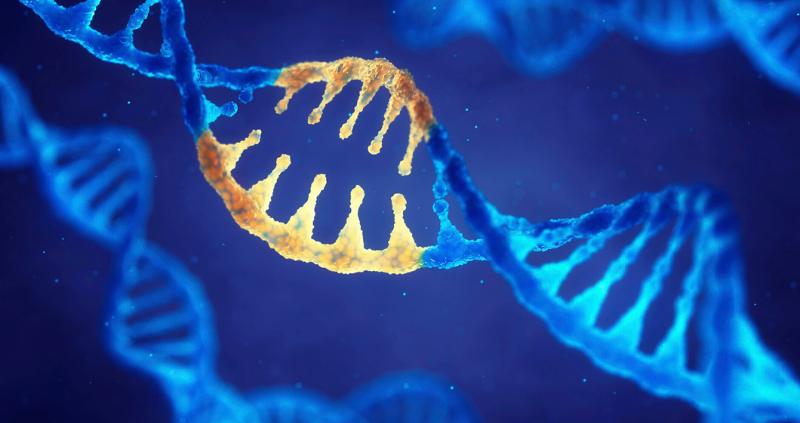BRCA Gene Mutation and Fertility Preservation
A new study has revealed women who have a BRCA1 gene mutation have fewer eggs than those who don’t. The results of the study, published within the Journal of Clinical Oncology, mean affected women may have a reduced window of opportunity to have children.
Here, we’ll look at what this latest research means, and how it impacts fertility preservation.
Understanding the latest study
The study included a total of 824 women who had undergone BRCA testing. It was revealed that 246 of the women tested positive for either the BRCA1 or BRCA2 mutation. The other 578 tested negative.
The majority of the women were diagnosed with breast cancer. It was discovered that those who did have a BRCA mutation had a 2.04 ng/mL (14.6pmol/l) anti-Müllerian hormone level. Those who didn’t have the mutation had a hormone level of 3.36 ng/mL (24pmol/L).
The results of the study mean women with the BRCA1 mutation may have a shorter reproduction period.
What are BRCA Gene mutations?
BRCA gene mutations are most associated with breast cancer. They are changes within the genes that can lead to illness and genetic disorders. We each have BRCA genes, and they help to release proteins that suppress tumours and fight off cancer. Those with a BRCA gene mutation are therefore at a greater risk of developing the disease.
In terms of fertility, it is now known that a BRCA1 mutation can lead to issues with fertility. With the latest study revealing that it may decrease your reproductive lifespan, those with the gene might want to consider preserving their fertility.
Preserving your fertility
It isn’t known why the BRCA gene mutation impacts fertility. However, it is suspected that the mutated genes can cause the ovaries to have a decreased ovarian reserve. Women with the mutation may be more likely to go through early menopause. Therefore, if you are diagnosed with the gene mutation, you might want to start thinking about protecting your fertility.
Freezing your eggs or embryos is a great option for those worried about losing their fertility. You can talk through your options with a fertility specialist to determine which one is right for you.
Be aware that although BRCA gene mutations can increase your risk of breast and ovarian cancer, it doesn’t mean you’ll definitely get it. However, there is growing evidence that it can impact fertility. Either having a family earlier in life or preserving fertility, should therefore be a consideration for those diagnosed with a mutation.
If you’re worried you may have a BRCA mutated gene, getting tested will help to give you a proper diagnosis. You can then begin to plan for your future. Aria Fertility’s Dr Anna Carby is a senior consultant gynaecologist with a specific interest in fertility preservation and she can advise you on egg or embryo freezing. For more advice on preserving your fertility, call us on 020 3263 6025 or email us at admin@ariafertility.co.uk.

